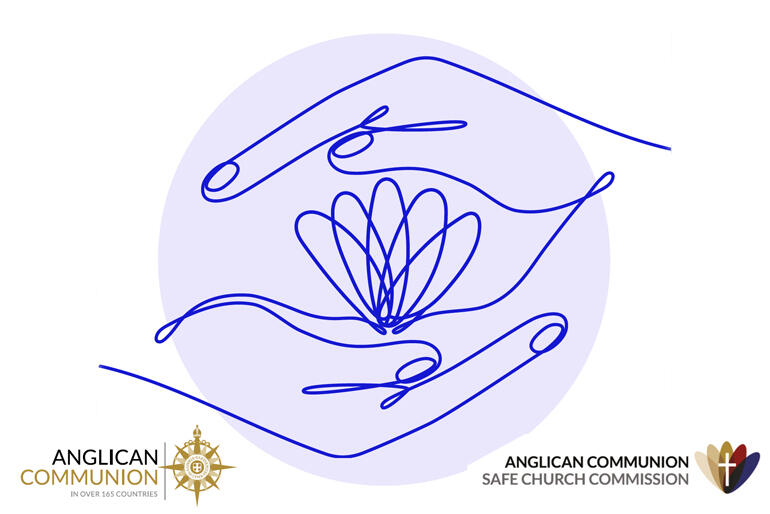
A new Anglican Communion guide to creating safe churches has come out this week. The ‘Safe Church: How to Start Guide’ was created by the Anglican Communion Safe Church Commission over the last four years to help churches prevent abuse by lay or ordained leaders and to respond better if abuse disclosures happen.
The 27-page guide first identifies the need for safety in churches, and uses evidence to counter the well-worn myth that “it couldn’t happen here.” Anglican Communion Director of Gender Justice Mandy Marshall said the guide aims to support Anglican churches that want a culture of safety to replace the all too common culture of silence that further harms abuse survivors.
South African Safe Church Commissioner Kim Barker said the guide is a resource to promote survivor-led responses and comes in response to the Anglican Consultative Council’s request in Hong Kong 2019, meeting that asked for a resource for churches starting out in ‘Safe Church’.
“While safeguarding is self-evident in some places in our Communion, in others it is strange and new.” said Kim.
“The guide introduces the importance of ensuring safety as core work of the church, and as we aim to respond compassionately and effectively with justice when abuse happens.”
Zimbabwe’s Bishop of Matabeleland, Cleophas Lunga , who is a Safe Church Commissioner, said the new guide recognises the Church’s responsibility to offer reliable care, particularly in protecting vulnerable people.
“We have a responsibility as leaders to care for the faithful. Having policies and procedures protects everyone, first the vulnerable who might otherwise become victims, and second those who have responsibility to care for the vulnerable. …in the end, as leaders we have to be engaged, because this could be happening to someone under our care.”
Since then, the Safe Church Commission presented its ‘Safe Church’ message to the Communion’s Bishops at Lambeth, which led to more calls for help from individual primates and bishops across the Anglican Communion.
The Safe Church guide offers clear steps that Provinces, dioceses or churches can take to carefully consider and install policies and procedures that keep churches safe for all people, especially children, young people and vulnerable adults.
The 27-page guide encourages churches to design systems, processes and practices that work best for their local cultural and ministry contexts and warns that good, reliable church safety practices take time and perseverance to put in place.
The Safe Church Guide outlines forms of abuse that may need intervention in the church and beyond, ranging from bullying, to financial abuse, violence, sexual abuse and spiritual abuse.
Safe Church Commission Chair Garth Blake AM SC, who is an Australian barrister and solicitor that served on the Australian Royal Commission into Institutional Responses to Child Sexual Abuse, said it is important to clearly acknowledge spiritual abuse, and not only as a standalone category.
“Almost every form of church abuse is accompanied by spiritual abuse.” he said.
The Anglican Communion Safe Church guide is available in full here: ‘Safe Church: How to Start Guide’
The Anglican Church in Aotearoa, New Zealand and Polynesia authorised a guide to setting up Safe Church policies in 2016. Since the establishment of the Ministry Standards Commission in 2021 all complaints now go to the Ministry Standards Commission Registrar.
If you wish to make a complaint about the conduct of a person licensed in ministry for the Anglican Church in Aotearoa, New Zealand and Polynesia, please send your complaint to the Ministry Standards Commission Registrar Wendy Ball at registrar@ministrystandards.org
You can also contact the registrar by freephone on 0800 004 031
If you prefer to send your complaint using our helpful complaints form, you can download the form to fill out in:(English, Māori, Fijian, Samoan, Tongan,or Fiji Hindi)
NB: If you prefer not to send in your own complaint, another person can send in your complaint for you.







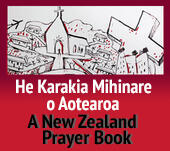
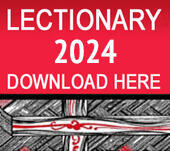



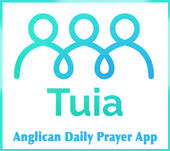

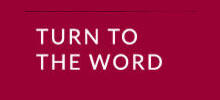
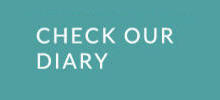

Comments
Log in or create a user account to comment.